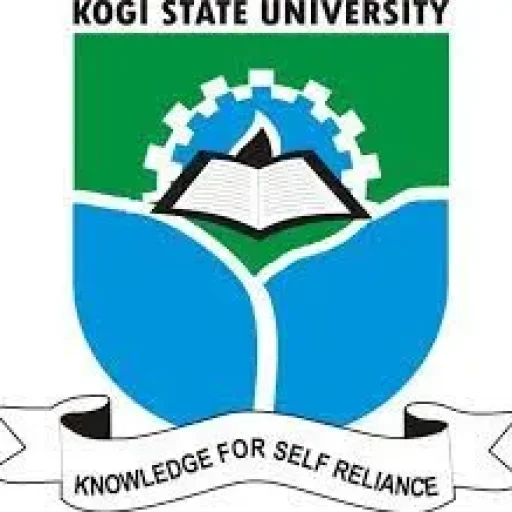- Version
- Download 0
- File Size 110.95 KB
- File Count 1
- Create Date June 24, 2025
- Last Updated June 24, 2025
THE ROLE OF ARTIFICIAL INTELLIGENCE AND MACHINE LEARNING IN OPTIMIZING AGRICULTURAL EXTENSION DECISION SUPPORT SYSTEMS IN DELTA STATE, NIGERIA
AUTHORS: 1EVWIERHURHOMA FAITH ENOH, 2OWIGHO OGHENEOVO, 3AKENI TINA EWOMAZINO, 4EROMEDOGHENE EZEKIEL OVOH, 5ONYINYE STELLA ONWUMERE-IDOLOR, & 6ALBERT UKARO OFUOKU
1Department of Agricultural Extension and Rural Development, Faculty of Agriculture,
Dennis Osadebay University, Asaba. Delta State, Nigeria.
2, 3Department of Agricultural Economics & Extension, Faculty of Agriculture, Delta State University of Science & Technology, Ozoro. Delta State, Nigeria.
4,6Department of Agricultural Extension & Rural Development, Faculty of Agriculture,
Delta State University, Abraka. Delta State, Nigeria.
5Department of Animal Production, Delta State University of Science & Technology, Ozoro. Delta State, Nigeria
Corresponding author: Email: owighoovo@gmail.com, Tel: 08032748240
Ochid number: 0000-0003-1411-0916
www.confluencejournal.com.ng ISSN: 1597-5827
CONFLUENCE JOURNAL OF ENVIRONMENTAL STUDIES VOL. 19 (ISSUE 1), 2024
ABSTRACT
This study explored the role of artificial intelligence and machine learning (AI/ML) in enhancing agricultural extension services in Delta State, Nigeria. A survey was conducted with 86 agricultural extension personnel across six Local Government Areas to examine their socioeconomic traits, use of AI/ML tools, key application areas, and factors influencing technology adoption. Results depict a majority reliance on middle-aged male government employees for advisory services. About 71% of agents reported using AI/ML in their work, spanning crop analytics, farmer queries via chatbots, and data-driven recommendations. However, advanced technologies like drones and predictive analytics see more limited uptake. Logit regression analysis identified higher educational levels, more years of experience, and private sector employment as significant predictors of greater AI/ML use, highlighting the importance of agents’ expertise. The study recommended digital skills programs for extension staff, participatory innovation hubs to adapt solutions to local contexts, incentives linking technology use to agent performance, and open-access datasets to overcome data deficiencies that constrain advanced analytics.
Keywords: Agricultural extension agents, Artificial intelligence, Machine learning, Delta State, Decision support systems


Comments are closed